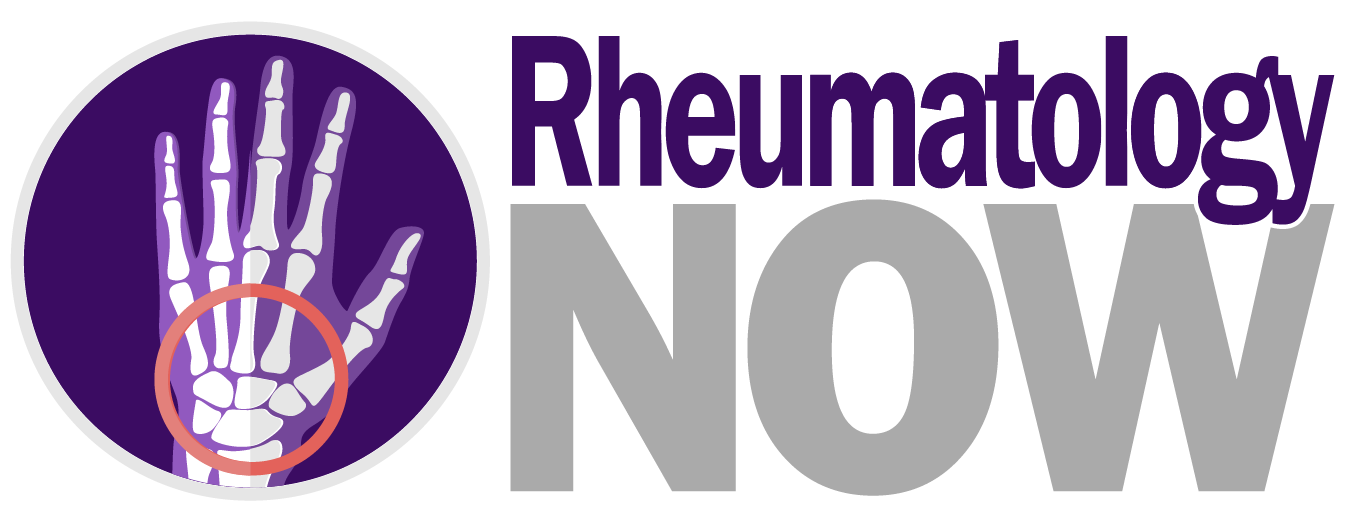Created by Healthcare Practitioners for the
Created by Healthcare Practitioners for the
Patients they Treat
Patients they Treat
Dr John Wade , MD, FRCP(C) Rheumatoid Arthritis Treatment Options
Rheumatoid arthritis is a common type of arthritis. It’s seen
in about one percent of the general population, more common in women than men – about three to
one. And it often presents with pain, swelling and stiffness in the small joints, typically of
the hands and feet, but it can go on and involve the larger joints, such as the ankles, the
elbows, the wrists or the knees.
Dr. John Watterson MD, FRCPC, Rheumatologist : What is Systemic Lupus Erythematosus (SLE) ?
Systemic Lupus Erythematosus (SLE) is a form of lupus, a
family of chronic autoimmune diseases that cause inflammation. Lupus affects people differently,
so symptoms and treatments vary. Systemic lupus erythematosus symptoms include pain, fatigue,
skin rash, chest pain and hair loss. In more severe cases of the disease, the immune system may
attack the lungs, brain, heart, kidneys and red or white blood cells. Most patients with lupus
experience similar flareups each time symptoms return.
Healthy Food Choices
Dr. Jean-Pierre Raynauld, MD, FRCPC : Options de traitement de l'arthrite rhumatoïde
L’arthrite rhumatoïde est une condition articulaire qui peut
affecter certains patients au niveau de leurs jointures, particulièrement les articulations des
mains et des pieds. Ça va toucher environ 1 % de la population. On parle d’environ trois femmes
pour un homme. C’est une condition qui peut arriver assez brusquement, souvent dans la vingtaine
et la trentaine. Alors donc, les articulations vont être enflées, elles vont être douloureuses,
elles vont même être gonflées et une sensation de raideur. Et ça va affecter surtout les mains
et les pieds. Par contre, ça pourrait affecter aussi les poignets, les épaules, les genoux et
même les chevilles.




